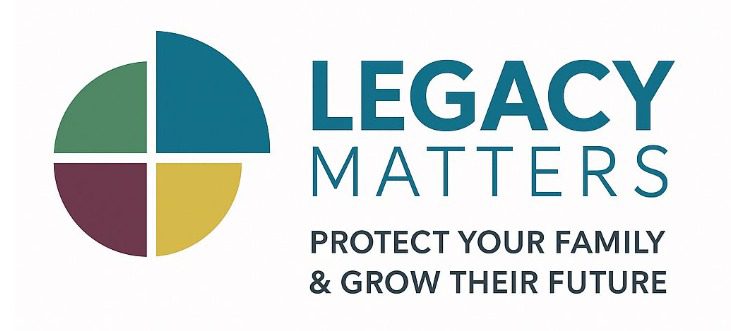When someone dies without leaving a Will, their estate is distributed according to the Rules of Intestacy (the Rules).
The Rules state that the first £270,000 in the estate passes to any spouse or civil partner of the deceased. For this reason, it is important to accurately value an intestate estate so that those left behind have a good idea of what they are entitled to inherit.
The Rules of Intestacy
As well as inheriting the first £270,000, a surviving spouse or civil partner will also receive all of the deceased’s personal property and belongings. If the deceased left children, then they will receive half of the remainder of the estate, shared between them equally, with the spouse or civil partner receiving the other half on top of the first £270,000. If there are no children, the spouse will inherit everything.
Distribution of an estate under the Rules can be a surprise to some families, as it means that children might not receive the bulk of the estate. On occasion, this can be problematic, for example, if it is a second marriage and the children were expecting to inherit more.
Valuing an estate
If you are the deceased’s administrator, then you will have the responsibility of winding up the estate and paying the beneficiaries in accordance with the Rules. One of the first jobs is to list all of the deceased’s assets. This could include property, bank accounts, life insurance policies, shares, pensions, cars, jewellery, art and other valuables.
This may involve correspondence with various asset holders as well as obtaining professional valuations, which is recommended, so that you can demonstrate to the beneficiaries that you have had the assets properly valued.

Some assets may be jointly owned in a way that means they will pass automatically to a surviving spouse and not be counted as part of their £270,000 initial share.
This includes any property that is owned as joint tenants (but not property that is owned as tenants in common) and jointly held bank accounts.
You will also need to find out the extent of the deceased’s debts so that this sum can be deducted from the assets to give the net value of the estate.
Debts will include Inheritance Tax, Income Tax, mortgages and balances due on credit cards.
Once you know the value of the estate you can arrange for payment of the Inheritance Tax and apply for a Grant of Letters of Administration from the Probate Registry. This will enable you to collect in and sell the assets before preparing estate accounts and distributing the estate.
Dealing with an estate can be a lengthy and onerous task, with personal liability for any losses arising from an error. You can instruct a solicitor to deal with the winding up of an estate on your behalf if you do not feel able to do it yourself.
Making a Will
It is always advisable to leave a Will to avoid misunderstandings and the potential for disputes after a death. This also gives you the opportunity to appoint your choice of executor to deal with your estate after your death.
Want information about intestacy and winding up and estate?
Speak to one of our probate experts today to for guidance and support.
From our Cambridge office, in your own home or online, we’re ready to help you in the way that is best for you.


0 Comments